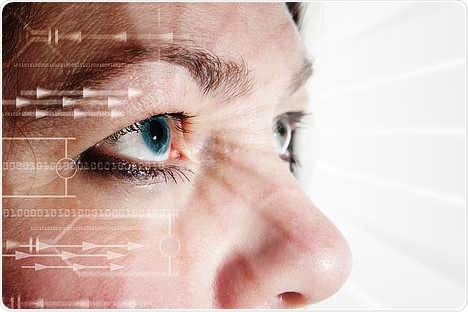Oct 12 2018
Partners from Austria – represented by Medical University of Vienna – Germany, France and the Netherlands are taking part in the EU "MOON" project (multimodal optical diagnostics for age-related diseases of the eye and central nervous system) to develop new techniques for early diagnosis of these diseases and successfully apply them in treatment and diagnosis. Around 18 months after the start of "MOON", researchers are confident that, in future, it will be possible to use an "eye scan" to diagnose diseases such as Alzheimer's or to detect aggressive forms of age-related macular degeneration at an early stage – based on structural and molecular tissue changes on the retina.

"The first concrete results from this project are not expected until the first quarter of 2019 but preliminary investigations are highly promising and suggest that we will be able to obtain high-resolution data about the structure of the retina in future and information about its molecular composition," says Rainer Leitgeb, Project Leader from the Center for Biomedical Physics at the Medical University of Vienna.
Molecular look into the human eye
To achieve this, the research team are using a combination of several complementary optical techniques, which provide detailed information about the condition of the eye tissue: highly sensitive molecular Raman spectroscopy is combined with optical coherence tomography (OCT). In a matter of seconds, this produces high-resolution images from all layers of the retina – including all the information about their molecular composition. Using this data, it will be possible, in future, to make a definitive diagnosis and detect neurodegenerative diseases at an early stage. "The earlier, the better the patient's chances are," emphasises Leitgeb. "It would be wrong to anticipate the results. But one thing is clear: it is possible to take a molecular look into the human eye."
And it is quicker and less invasive than ever before: "Neurodegenerative diseases not only damage the brain but also cause changes in the retina. With our technique, which operates with light, we no longer need to look into the brain. Our goal is for a patient to be able to sit in front of the equipment, have their eye scanned contact-free and be given a reliable diagnosis in only a few minutes," explains the MOON project leader from Vienna.
Experts estimate that the number of people worldwide affected by neurodegenerative diseases will double over the next 30 years, which would be a huge burden for the healthcare system. "However, if we can delay the onset of Alzheimer's by five years, this is not only a huge benefit to sufferers and their families but would also save resources on intensive treatment. Here we are talking about billions of euros. The focus of our research therefore mirrors the strategic direction of Horizon 2020: we are working on the solution to a huge societal challenge."
Source: https://www.meduniwien.ac.at/web/en/about-us/news/detailsite/2018/news-im-september-2018/eye-scan-a-promising-option-for-early-detection-of-central-nervous-system-disorders/